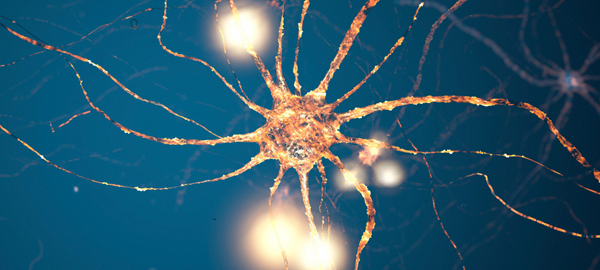New EPITARGET publication
EPITARGET partner Wolfgang Löscher from the University of Veterinary Medicine Hannover recently published a paper with the title "The enigma of the latent period in the development of symptomatic acquired epilepsy — Traditional view versus new concepts" in the journal Epilepsy & Behavior.
Almost half of the some 70 million people with epilepsy worldwide have developed the disease after an initial brain insult, such as traumatic brain injury (TBI), stroke, infections or tumors. In the US alone, more than 1.7 million people experience a TBI each year. Of them, depending on the severity of the TBI, up to 40% will develop epilepsy. Unfortunately, nothing can be done at present to prevent epilepsy in patients at risk. Thus, development of novel treatments that interfere with the process of epilepsy development is an urgent medical need.
A widely accepted hypothesis holds that there is a seizure-free, pre-epileptic state, termed the “latent period”, between brain injury and the onset of epilepsy, during which a cascade of structural, molecular, and functional alterations gradually mediates the process of “epileptogenesis”. However, the use of this concept in the search for novel treatment that can prevent epilepsy in patients at risk has both conceptual and practical flaws and has not yet lead to any clinically validated prophylactic treatment for prevention of epilepsy.
This review provides a framework of concepts and proposals how to interrupt epileptogenesis after acute brain injury. Recent experimental and clinical data on intracranial EEG recordings indicate that the latent period can be much shorter and is not as silent as previously thought. Thus, we need a conceptual shift in thinking about when and how to best halt or modify the processes that lead to epilepsy.
The review discusses recent experimental and clinical data on how brain insults can induce epileptogenesis, the dynamics involved in this process, and factors that determine its variable duration, including the role of early seizures and kindling-like processes. A number of novel concepts of epileptogenesis and latent period will be presented. Furthermore, the review describes several new approaches to interfere with the molecular processes involved in epilepsy development, which have recently resulted in first proof-of-concept studies indicating that epilepsy is preventable.
EUROPE - NEWS
What's new in Health and Life Sciences? ![]() Click here for news from the European Commission.
Click here for news from the European Commission.








